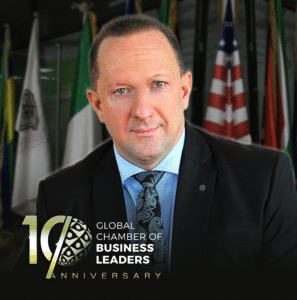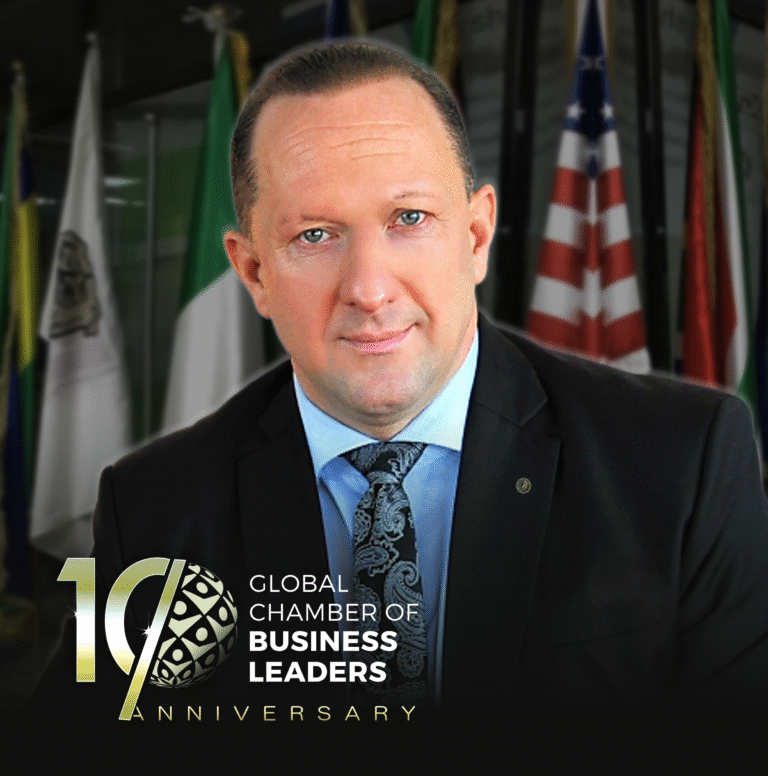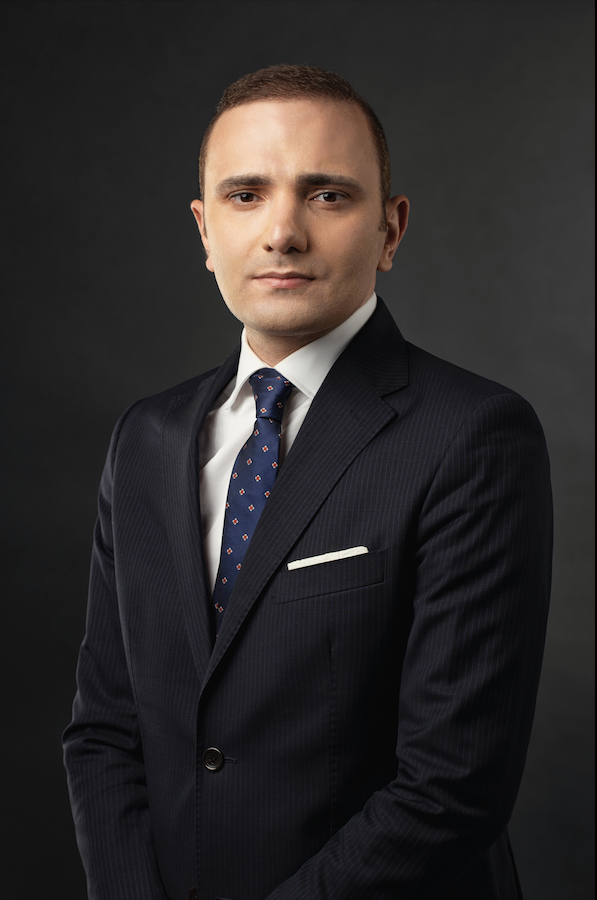Table of Contents
if you’ve ever tried to figure out how much your favorite celebrity is really worth, you’ve probably come across conflicting figures. One article might claim Taylor Swift is worth $1.1 billion, while another says it’s closer to $740 million. So, how can we even begin to determine their true wealth? The answer is that celebrities hide their net worth through clever financial strategies that make it nearly impossible to pin down the exact amount.
Celebrities aren’t just wealthy—they also have access to financial tactics that help them protect, obscure, and sometimes even hide their fortunes from the public eye. In this post, we’ll dive into how the rich and famous use legal methods to keep their net worth under wraps. Let’s take a closer look at why and how celebrities hide their net worth.

Why Celebrities Hide Their Wealth
Before we dive into the how, let’s talk about the why:

- Privacy concerns – When you’re worth millions, everyone from distant relatives to scammers wants a piece of the pie
- Security issues – Being public about extreme wealth can make celebs targets for theft or kidnapping
- Negotiation leverage – If a studio doesn’t know your true worth, you might get a better deal
- Public image management – Some stars want to seem more relatable and less obscenely wealthy
- Tax optimization – Legal strategies to minimize what they owe Uncle Sam
Now, let’s get into the financial sleight of hand that keeps us guessing about celebrity bank accounts!
1. The Shell Game: LLCs and Holding Companies
The Strategy: Create a maze of business entities that obscure who actually owns what
Celebrities don’t typically own their mansions, private jets, or even their name and likeness directly. Instead, they create multiple Limited Liability Companies (LLCs) and holding companies that own their assets.
Take Taylor Swift, for example. She reportedly has multiple LLCs with quirky names like “Firefly Entertainment” and “13 Management” that handle different aspects of her business empire. Each entity serves as a layer of protection and obscurity.
Why it works:
- Creates separation between personal and business assets
- Makes it harder for the public to track total wealth
- Provides liability protection if something goes wrong
- Allows for tax advantages through business expense deductions
When Beyoncé wants to buy a new property, she doesn’t just call up a real estate agent as Beyoncé Knowles-Carter. Instead, an anonymous LLC makes the purchase, and public records only show the company name, not Queen Bey herself.
2. The Offshore Advantage: International Banking
The Strategy: Store wealth in countries with favorable banking laws and tax structures
While the phrase “offshore banking” might conjure images of shady deals, there are perfectly legal ways celebrities use international finance to their advantage.
Common destinations include:
- Switzerland (banking privacy)
- Cayman Islands (tax benefits)
- Singapore (asset protection)
- Luxembourg (wealth management)
Why it works:
- Some countries have stronger privacy laws around banking
- Certain jurisdictions offer lower tax rates
- Assets held internationally can be harder to track
- Wealth can be diversified across different currencies and economies
While celebs have to report foreign accounts to the IRS (hello, FBAR requirements!), these accounts aren’t typically accessible to the public or media, making it harder to calculate someone’s true net worth.
3. Trust Fund Baby: Strategic Family Trusts
The Strategy: Create complex trust structures that technically own the wealth
One of the most common ways celebrities shield their fortunes is through various types of trusts. These legal entities can own assets, generate income, and distribute wealth according to specific rules—all while keeping details private.
Popular trust structures include:
- Revocable living trusts – Can be changed during the celebrity’s lifetime
- Irrevocable trusts – Can’t be altered once established
- Blind trusts – Celebrity doesn’t even know how assets are being managed
- Dynasty trusts – Pass wealth through multiple generations
Why it works:
- Trust details aren’t typically public record
- Assets in certain trusts don’t count toward personal net worth
- Can provide tax advantages
- Offers protection from creditors and lawsuits
When Oprah makes another $100 million, it might go straight into a trust that benefits her charitable foundation or future generations—technically removing it from her personal net worth calculation.
4. The Art of Collection: Alternative Assets
The Strategy: Convert liquid cash into hard-to-value alternative investments
Why keep money in an easily trackable bank account when you can transform it into assets whose values are subjective and private?
Popular alternative investments include:
- Art collections (Jay-Z and Beyoncé are major art collectors)
- Rare wines and spirits
- Vintage cars
- Collectible watches
- NFTs and digital assets
Why it works:
- Values are often subjective and fluctuate
- No public registry of who owns what art piece
- Hard for outsiders to track or value accurately
- Can appreciate significantly over time
Leonardo DiCaprio’s art collection is rumored to be worth tens of millions, but good luck figuring out exactly what he owns and what it’s worth today. The value can only be accurately determined when a piece is sold, and private sales don’t require public disclosure.
5. The Business Within a Business: Intellectual Property Holdings
The Strategy: Create specialized entities to own and license intellectual property
For celebrities whose value comes from their name, image, music, or creative work, intellectual property (IP) holding companies are a game-changer.
How it works:
- Celebrity creates a company that owns their intellectual property
- That company licenses the IP back to the celebrity or to other businesses
- Money flows between these entities in ways that optimize for privacy and taxes
Real-world examples:
- Madonna has Webo Girl Productions
- The Rolling Stones have Promogroup
- Many actors have “loan-out” companies that technically “employ” them
When you see “Roc Nation” attached to Jay-Z projects, that’s not just a cool name—it’s a complex business structure that helps manage and potentially obscure the true value of his empire.
6. The Philanthropic Shield: Strategic Charity
The Strategy: Channel wealth into private foundations and charitable organizations
Many celebrities create their own foundations or charitable organizations. While most do this out of genuine desire to give back, these structures also provide financial benefits and privacy.
How it works:
- Celebrity establishes a private foundation
- They donate significant assets to their foundation
- The foundation can pay salaries to staff (sometimes family members)
- Investment income stays within the foundation
Why it works:
- Provides tax deductions for donations
- Foundation finances are more private than personal finances
- Creates positive public image
- Can still maintain control over how assets are used
The Leonardo DiCaprio Foundation (now re-organized as Earth Alliance) has received tens of millions from the actor, effectively moving that wealth from his personal balance sheet while supporting causes he cares about.
7. The Valuation Game: Private Business Interests
The Strategy: Invest in private companies whose values aren’t publicly reported
When celebrities invest in or start private companies, the true value of their stake is nearly impossible for outsiders to determine accurately.
Examples:
- Ashton Kutcher’s venture capital investments
- Jessica Alba’s The Honest Company
- Dr. Dre’s Beats Electronics (before the Apple acquisition)
- Ryan Reynolds’ Aviation Gin
Why it works:
- Private companies don’t have to disclose financials publicly
- Valuation can be based on complex factors and potential
- Ownership percentages are often confidential
- Value can increase dramatically without public knowledge
When George Clooney’s tequila company Casamigos sold to Diageo for up to $1 billion, many people were shocked—few knew his stake was worth anything close to that amount.
8. The Real Estate Shuffle: Property Through Proxies
The Strategy: Purchase real estate through proxies, managers, or business entities
Celebrities rarely buy property in their own name. Instead, they use business managers, attorneys, or LLCs to make purchases, concealing their ownership.
How it works:
- Celebrity creates an anonymous LLC
- Business manager or attorney represents the LLC
- Property is purchased without the celebrity’s name appearing on any public documents
- Sometimes properties are bought in the name of trusted staff members
Why it works:
- Keeps home addresses private for security reasons
- Prevents property records from revealing true wealth
- Allows for tax advantages related to business use
- Creates additional privacy around lifestyle choices
When Taylor Swift buys another multi-million dollar property, you can bet it’s not showing up in public records under “T. Swift.” Instead, it might be owned by “Wonderful Wilderness LLC” or some other creative entity name that doesn’t obviously connect to her.
9. The Quiet Contract: NDAs and Privacy Clauses
The Strategy: Legally prevent others from revealing financial details
This is less about hiding assets and more about preventing information leaks. Celebrities use extensive non-disclosure agreements (NDAs) with employees, business partners, and even romantic partners to maintain financial privacy.
Who typically signs NDAs:
- Personal assistants and household staff
- Business managers and financial advisors
- Event planners and vendors
- Former spouses (via divorce settlements)
Why it works:
- Creates legal consequences for revealing private information
- Prevents even those with inside knowledge from sharing details
- Helps maintain control of the celebrity’s narrative
- Reduces the risk of financial information becoming public
When a celebrity’s chef or personal assistant gets approached by a tabloid offering money for dirt, that ironclad NDA they signed (with massive financial penalties) makes them think twice.
10. The Lifestyle Lease: Renting vs. Owning
The Strategy: Enjoy luxury without actually owning it
Some celebrities maintain the appearance of extreme wealth while technically owning far less than it seems.
Common practices:
- Leasing exotic cars instead of buying them
- Borrowing designer clothes and jewelry for events
- Renting vacation properties instead of owning multiple homes
- Accepting sponsored goods and services
Why it works:
- Creates the appearance of wealth without the asset trail
- Reduces maintenance costs and depreciation
- Provides tax advantages in certain situations
- Keeps the actual net worth lower than perceived
That $500,000 watch Drake is wearing in his latest Instagram post? There’s a good chance it was loaned to him by the jeweler for publicity, rather than being part of his permanent collection.
It’s All About Layers
The true financial genius behind celebrity wealth management isn’t any single strategy—it’s the combination of all these approaches. By creating multiple layers of privacy, legal entities, and financial complexity, celebrities make it nearly impossible for outsiders to accurately assess their wealth.

Next time you see a “Celebrity Net Worth” article claiming to know exactly how much your favorite star is worth, take it with a grain of salt. Between their offshore accounts, private business interests, intellectual property holdings, and anonymous trusts, even the celebrities themselves might not know their exact net worth at any given moment.
Which is exactly how their financial advisors want it.

What’s your take? Do you think celebrities have a right to financial privacy, or should the ultra-wealthy be more transparent? Drop a comment below!










